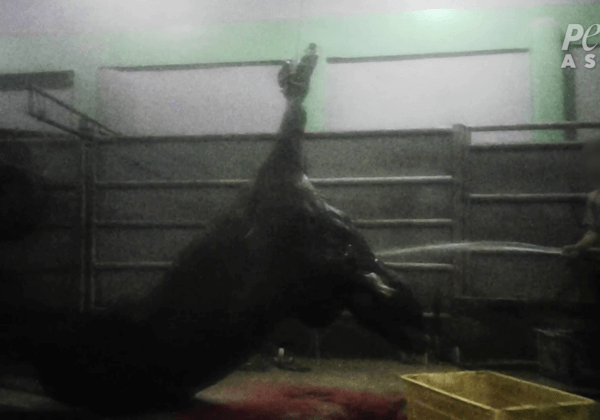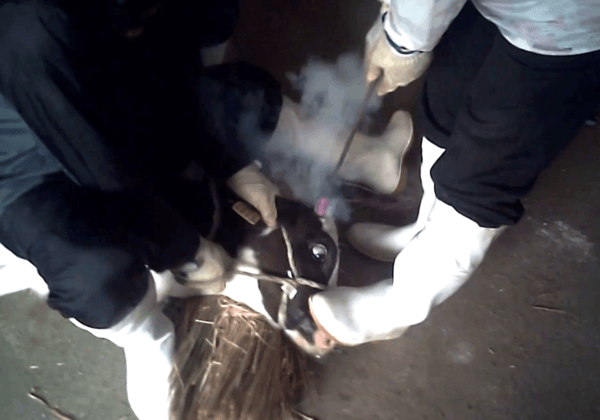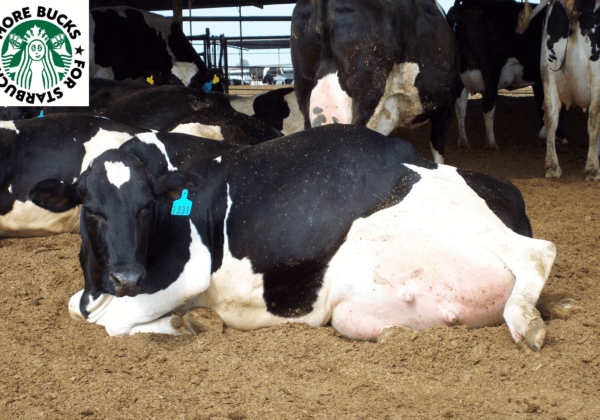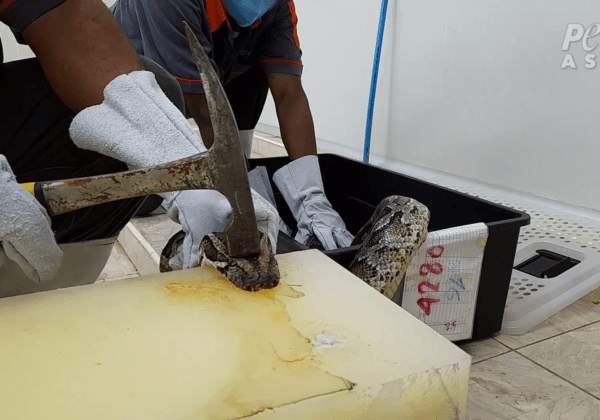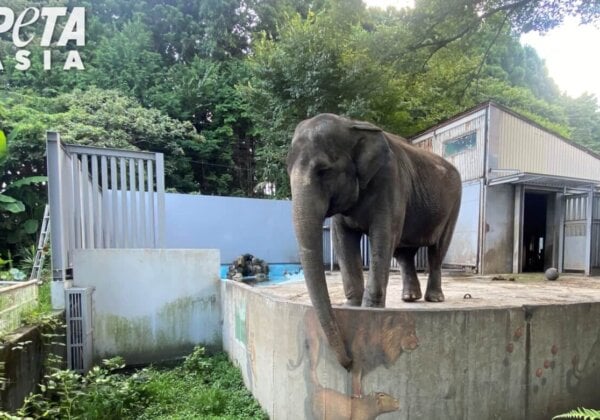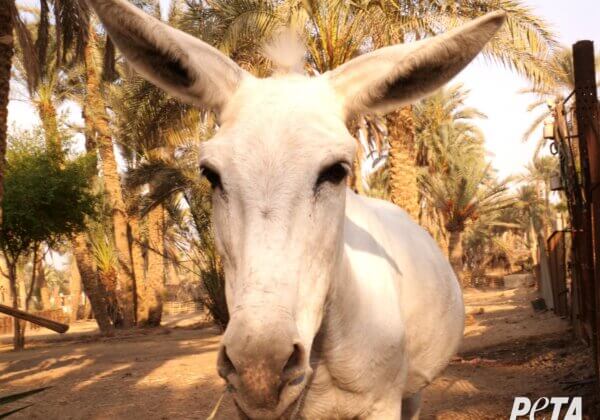Does ‘Test-Tube’ Chicken Solve the Problem of Meat?
 The world’s first “test-tube” burger was unveiled earlier this month. It sounds very futuristic! And to many people, it seems a little bit weird.
The world’s first “test-tube” burger was unveiled earlier this month. It sounds very futuristic! And to many people, it seems a little bit weird.
In vitro meat is cultivated in a lab, and the result is animal flesh procured without killing any animals. PETA U.S. is among the supporters of this initiative, and it is offering $1,000,000 to the first laboratory that creates in vitro chicken.
So why are animal rights activists getting excited about meat production? And does in vitro meat solve the multitude of problems associated with meat? Consider the following issues:
- Animal Rights: Every year, more than 50 billion animals are genetically manipulated, crammed into filthy sheds, crippled, caged, force-fed food, mutilated, and then barbarically murdered. In vitro meat has the potential to spare these 50 billion innocent beings great suffering.
- World Hunger: There is enough food on the planet right now to end world hunger. Yet more than a billion people are starving, and our meat-based diet has to shoulder a large amount of the blame. Sixty percent of the world’s grain is fed to farmed animals. In vitro meat would free up essential farm space for the production of crops, which could be used to feed the millions of people who go hungry every day.
- Health: Meat is full of horrible, unhealthy, and largely unadvertised ingredients, such as saturated fat, cholesterol, and contaminants, and increases the risk of developing heart disease, obesity, cancer, diabetes, and impotence. Meat can also be rife with dangerous bacteria, such as listeria, salmonella, campylobacter, staph and E. coli. While the best thing for your health is to go vegan, meat cultivated in vitro could control saturated-fat and cholesterol levels as well as diseases, bacteria, and harmful materials that are present in modern meat.
- The Environment: The production and consumption of meat and other animal products wastes resources and destroys our environment. More than half of greenhouse-gas emissions are caused by animal agriculture, and switching to a vegan diet is more beneficial to the environment than switching to a hybrid car. A global shift to in vitro meat could literally cut global greenhouse-gas emissions in half.
- Sustainability: Thirty percent of the world’s usable surface is already devoted to the production of meat and animal products. As the global population and prosperity increase, demand for meat will also increase while the space available for farming will decrease. Global food security is a growing problem. Removing the meat industry alone could solve it.
- Workers’ Rights: Striving for bigger profit margins hasn’t just deprived animals of their rights—the farmed-animal industry also exploits the underprivileged, immigrants, and children, who work in filthy and extremely dangerous conditions.
In vitro meat would mean that there is no need for slaughterhouses or any other aspect of the awful animal-farming industry, making the world safe for humans and animals alike.
Yet the breakthrough was met with criticism from some animal rights supporters, who argue it will detract from the message of veganism and perpetuate the idea that animals exist for the convenience of humans. They wonder whether this development might be a step backward, ideologically, at least for the animal rights movement.
The answer is no. In vitro meat isn’t aimed at those who have already made an ethical decision not to consume animal products. Ideally, the whole world would become a vegan utopia, but if we are to achieve our goal of alleviating animal suffering wherever possible, it is essential to be pragmatic. We need to replace meat that comes from animals who suffer and are slaughtered.
In vitro meat isn’t commercially available yet. But if you would like to make a difference for animals, there’s no reason to wait to go vegan today!
Post written by former intern Briony Thompson

